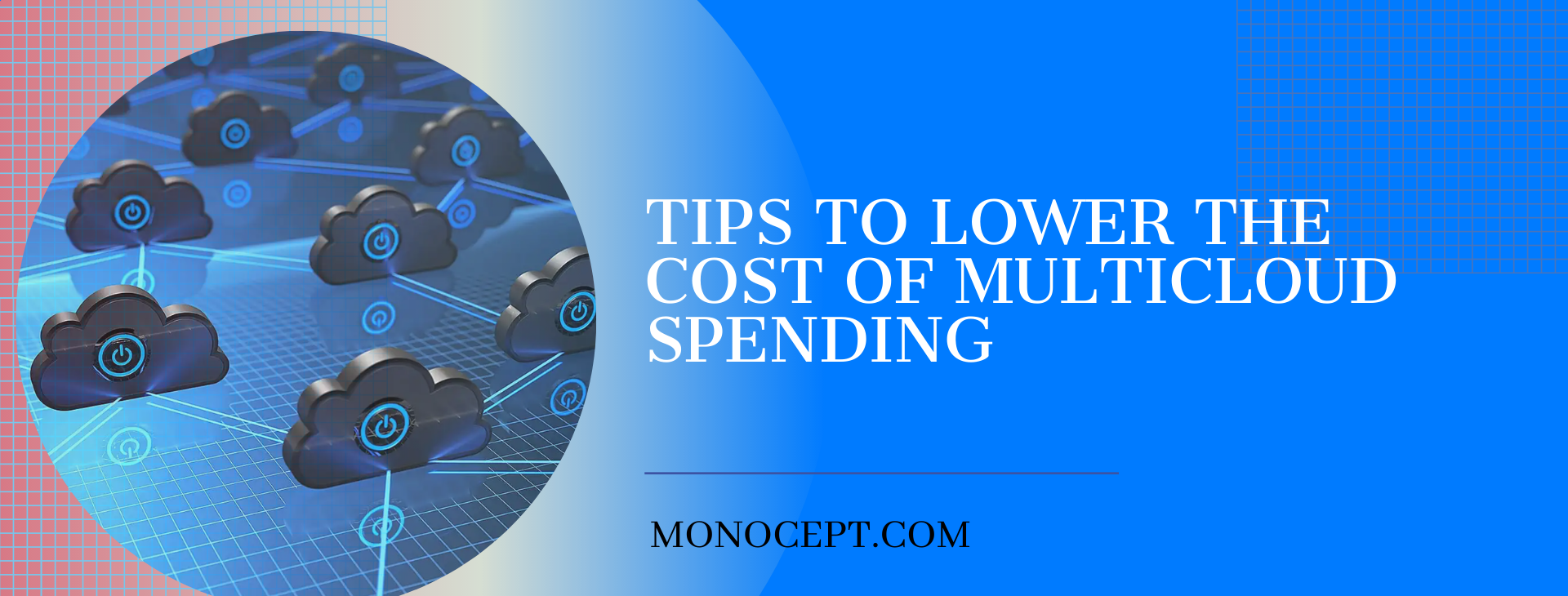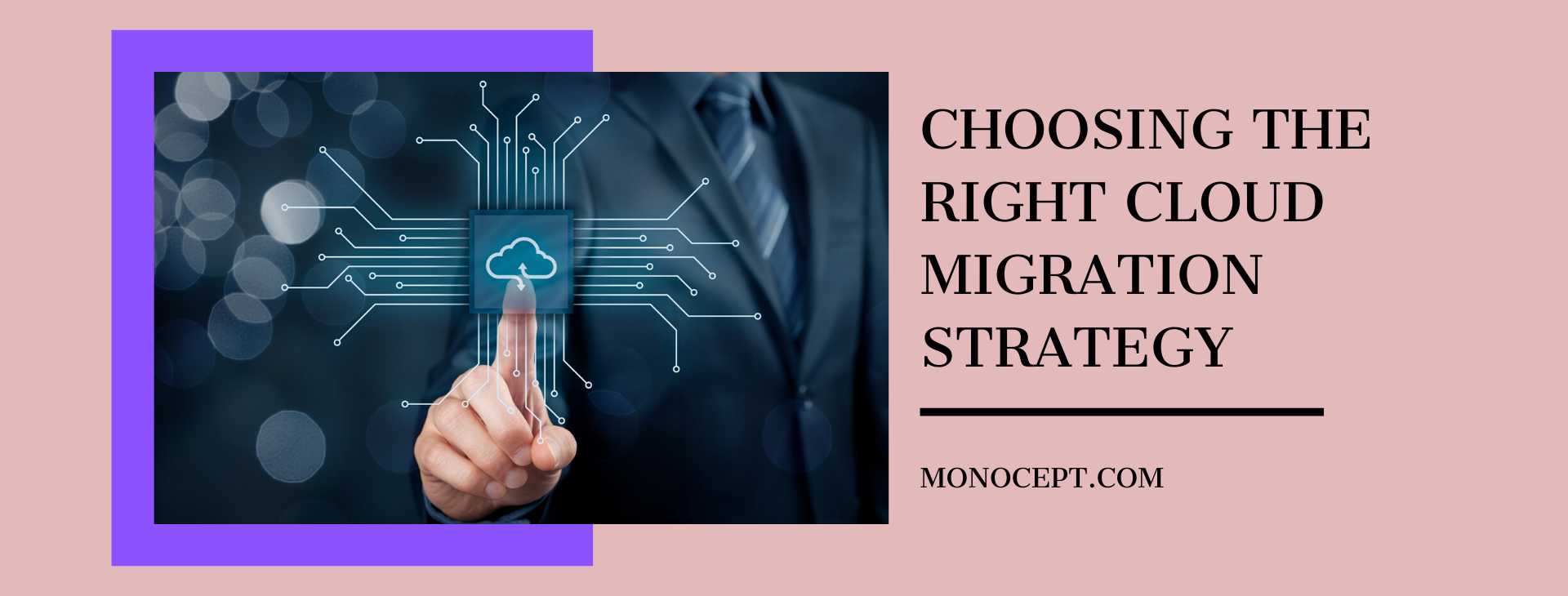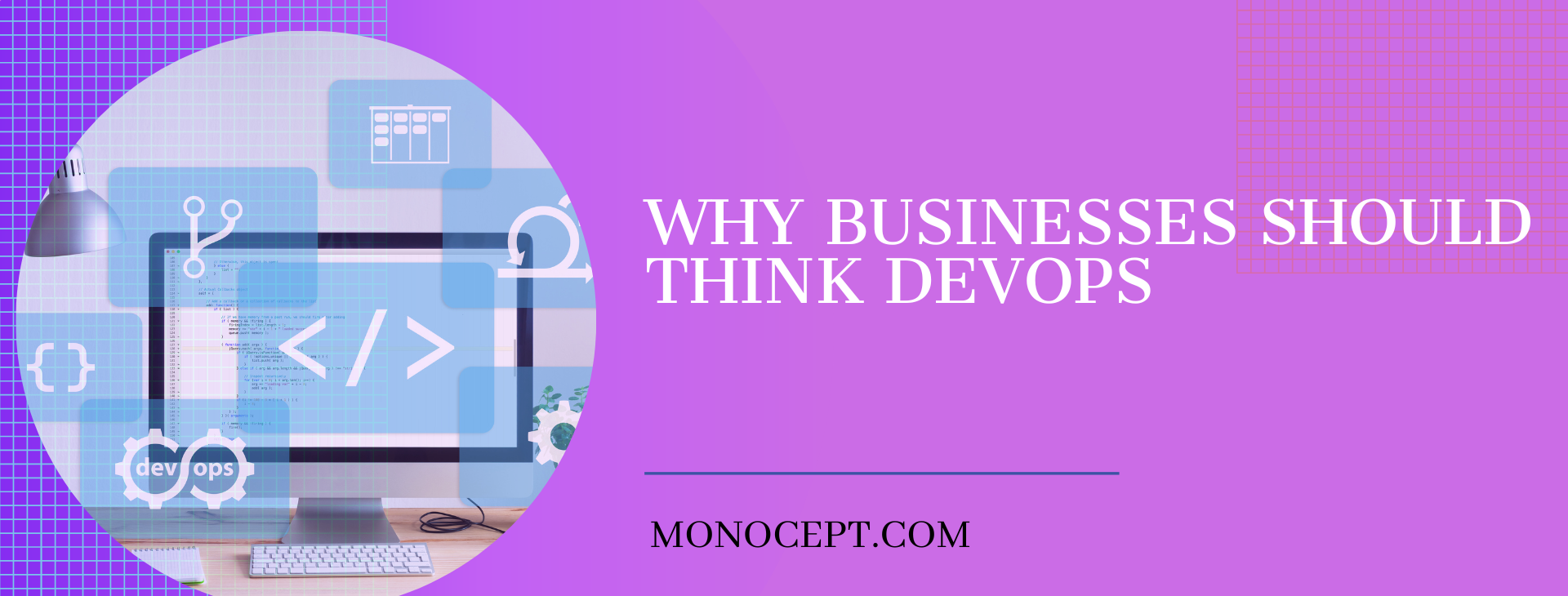How do Transportation Network Companies use cloud to drive their workforce?
With the increasing use of Mobile Phones due to the costs associated with the purchase of mobiles and the usage of apps going down, the dependency of Mobile phones on the traditional labor-intensive market force has increased. It gives the power to monetize the resources that the erstwhile unproductive labor was worrying about. This was leveraged by the transportation network companies such as Ola, Uber, Jugnoo, QuickRide, Revv, etc. which through the mobile phones creates a bridge between the Workforce and the Customer.
With over a million drivers and the data about the rides made by the drivers helps it to create a wide pool of information stored in the cloud. Cloud storage of data helps the workforce to switch between devices if they want to, easily without any loss of their earlier information. Moreover, the information of the Transportation network companies stored in the Driver’s mobile is of a very less proportion thus mutually benefiting both the stakeholders. Thus relying on more adaptive technologies such as Cloud storage shall help the key players to prevent them from fear of losing out in a tough turf like India.
The usage of Cloud Technologies shall help the companies to analyze the stored data that shall benefit customers, the workforce and the company as well. One such example is the feedback that a customer gives at the end of the ride. This feedback majorly is considered a wastage of time by the customers. However, aggregators segregate the data of those customers who give different ratings for every driver which shall help them to figure the customer-friendly driver and slowly pushing away the other end of the drivers from its platform. Especially when it comes to the safety of the women customers who travel in the late night, through AI & ML, the server automatically detects the driver who shall ensure a safe journey to the women based on the prior ratings given by reliable women customers.
Moreover, based on the historical data of the routes followed by a driver in a particular city, it helps in matching the potential that he or she expects in his or her catchment. This enables the workforce community to avail more rides in a limited amount of time. By conceptualizing the idea of internal benchmarking through Cloud computing, traffic predicting tools shall be employed which shall help the drivers to predict the estimated time taken to reach the destination through a particular route and providing alternate suggestions. This shall enable him or her to leverage upon and yield higher revenues than otherwise not.
With the advent of new customer-oriented services such as Ola Play it completely relies on the Cloud-based services to give an enriching experience to the customers traveling through its platform. By forging an effective partnership with cloud storage companies efficiently help the transportation network companies to scale effectively in the time of holidays when the demand is exorbitantly high. This shall help in preserving the bottom-line with lesser upfront infrastructure costs. In the long run, it helps these companies to devise a demand prediction engine to forecast the demand, supply, volume, dynamics of the location and historical trends. With this dynamic pricing, algorithms shall be charted out to create a competitive edge over others. This is termed as First Degree Price discrimination by which customers shall be charged differently for the same product or service by capturing the consumer surplus completely. Customer data shall be both utilized internally and sold externally to various ad agencies to leverage revenue upon it.
Conclusion:
In a cut-throat competition that is prevailing in a market like India, Transportation aggregators are in a rising need to leverage upon cloud technology to analyze the data and ensuring a better prediction model for its future. Thus it creates a huge potential for Players like Microsoft, Amazon Web Services who solely rely on Cloud. Players like Uber’s trust in Cloud data is evident through its IPO Report where it predominantly portrays the usage of technology. However, for a customer, it remains to be a double-edged sword as data privacy is under threat.
Read more: Should businesses outsource their cloud transformation support?





















































































